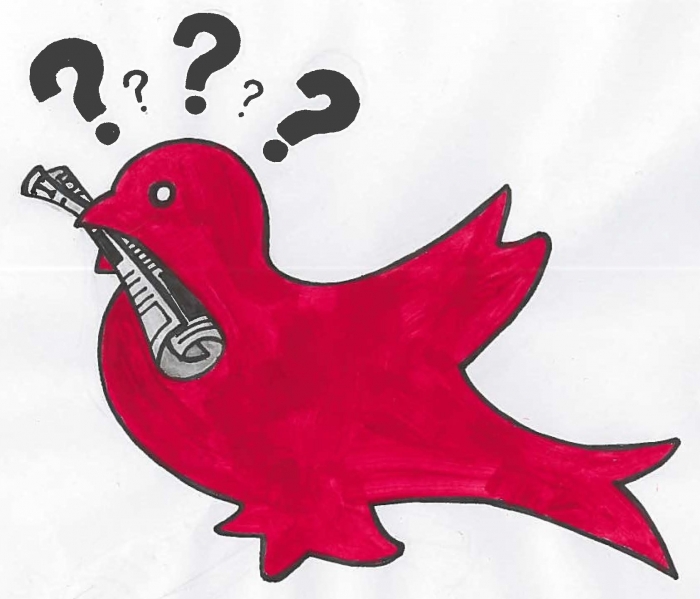The Students’ Society of McGill University’s (SSMU) Inter-faculty Involvement Restriction Policy (IRP) is a contract and policy that processes, investigates, and acts on complaints of discrimination, violence, harassment, improper conduct, or gendered violence. The policy aims to minimize harm and ensure the safety and wellbeing of the individual filing the complaint, the plaintiff, by investigating the complaints and implementing varying restrictions to events specific to each charge. Following an April 2 article published by The McGill Daily detailing recent invocation of the IRP against an incoming SSMU executive, The McGill Tribune looked into the policy details of the IRP.
The evolution of The Inter-Faculty IRP
Initially, the Management Undergraduate Society, the Engineering Undergraduate Society (EUS), Arts Undergraduate Society, and the Science Undergraduate Society possessed their own individual IRP. Prior to the ratification of the inter-faculty IRP in December 2019, the plaintiff had to undergo the IRP process in every faculty if they wanted to implement restrictions to the respondent for events across all faculties. In an interview with The Tribune, EUS President Niloufar Seraj explained why the inter-faculty IRP is more comprehensive than the previous policy.
“[Faculty members] ended up agreeing that you can’t really protect [all McGill students] when you can only restrict access to people in your own faculty, and can only handle cases of members in your own faculty,” Seraj said.
The standard inter-faculty IRP process superseded the faculty-specific IRP processes and also allowed faculties to share information about relevant cases amongst each other. Although each faculty’s investigative committee handles complaints, the restriction outcomes can be honoured across all faculties signed under the inter-faculty IRP because the process is identical.
The IRP ultimately acts as a safety measure for the plaintiff and other affected individuals, not a judicial or punitive measure: It does not make public judgments about whether or not the respondent is guilty or innocent, nor is it capable of administering disciplinary measures.
The scope of restrictions under the inter-faculty IRP
Seraj clarified that the restrictive actions are tailored to each specific case.
“There is no one version of restriction. There are an unlimited amount of possibilities [of incidences],” Seraj said.
The IRP investigative committee assigns the corrective action best suited to the specific incident. The committee’s recommendations to the respondent could range from mandatory workshops and training to a restriction from a specific event or group, or even to a wider ban from all events where alcohol is present.
The standard procedure for determining restriction outcomes
Individuals who wish to file a complaint must fill out the details of their case in an incident response form and specify how they would like the investigative committee to respond. Alternatively, the plaintiff can use the response form to report the incident without requesting further action or recommending specific action to the committee.
If the complaint falls under the scope of the IRP, the investigation will begin. The composition of the investigative committee generally includes equity commissioners, executive faculty members, and individuals trained in the involvement restriction procedure. Members of any investigative committee are required to sign non-disclosure agreements to ensure confidentiality throughout the process.
During the investigation, the IRP committee interviews the plaintiff, the respondent, and anyone who voluntarily comes forward with information about the incident. The investigative committee may also accept written statements in place of an interview.
The committee then decides by a majority consensus which restrictive measures it deems are necessary to ensure the safety of the plaintiff and others and communicates the results privately. The measures taken will never exceed the request of the plaintiff. Should the plaintiff request that the respondent be banned from all faculty events, the equity commissioners will submit the name of the respondent to the SSMU Anti-Violence Coordinators (AVC). The SSMU AVC maintains a central list of all individuals who are subject to any involvement restrictions.
How and when to use the inter-faculty IRP
McGill undergraduate students, and any other persons impacted by the incident, may file incident reports confidentially, anonymously, or through a proxy. Individuals may file complaints against McGill undergraduate students, graduate students, alumni, staff, employees, and visitors. Complaints may be filed about incidents that occurred in any situation in which McGill students are present, both on-campus or off-campus.
To report an incident under a specific faculty, fill out the faculty incident response form and submit it to the chair of the Faculty Committee. To report an incident through SSMU, complaints should be submitted to the Anti-Violence Coordinators ([email protected]).








